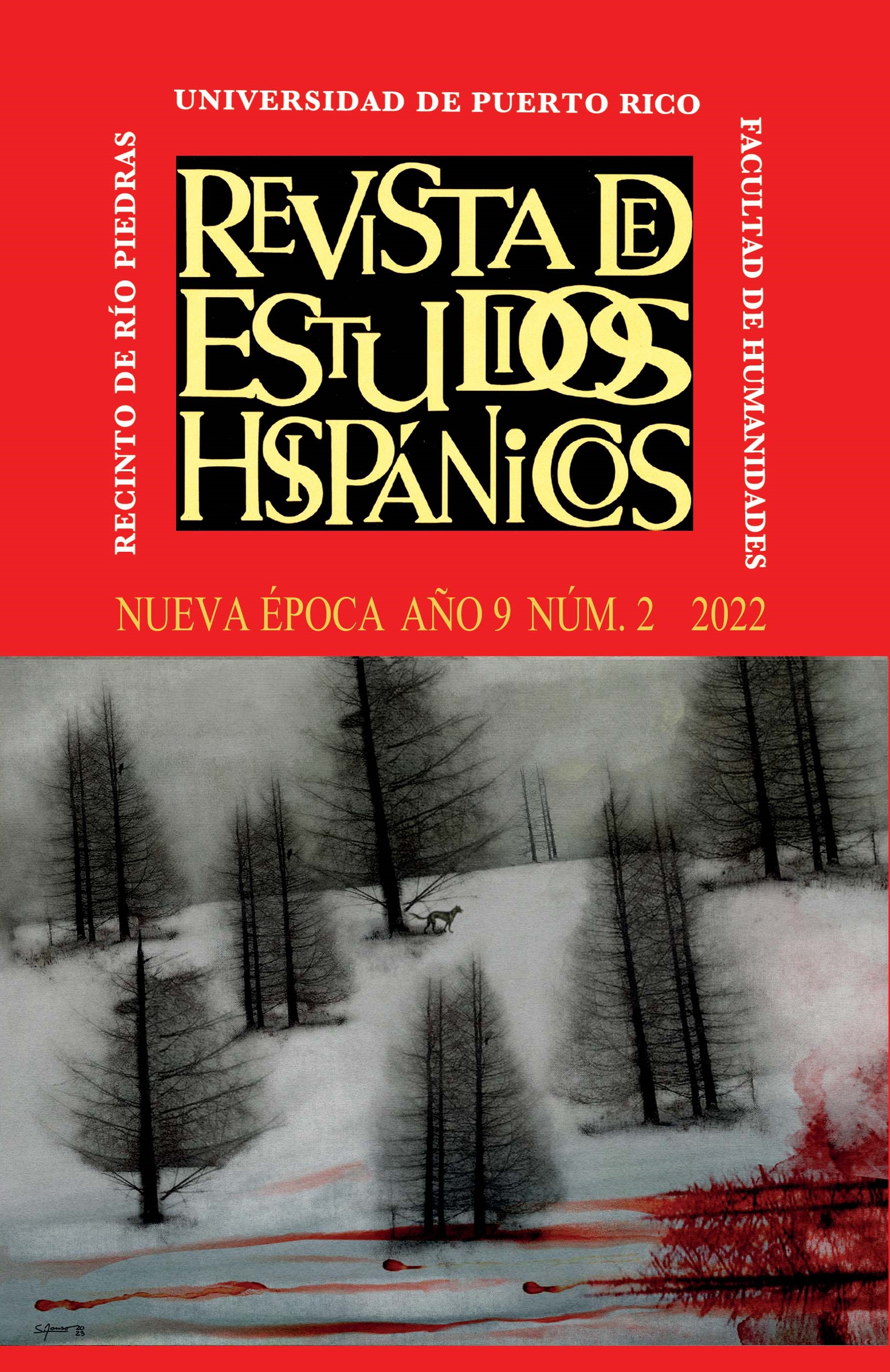Resumen
Durante la transición española a la democracia, se produjo en el país una gran proliferación de obras detectivescas que rompen las expectativas del género. Eduardo Mendoza (Barcelona, 1945) escribe cinco novelas que son paradigmáticas de dicho género: El misterio de la cripta embrujada (1979), El laberinto de las aceitunas (1982), La aventura del tocador de señoras (2001), El enredo de la bolsa y la vida (2012) y El secreto de la modelo extraviada (2015). El mismo detective —interno de un manicomio y a quien la polícia deja libre para resolver casos difíciles— es su protagonista. Con su investigador demente —relacionado con otras figuras literarias claves que surgieron en momentos de cambios sociales—, unos casos estrafalarios y unas soluciones que no resuelven nada, Mendoza hace una denuncia de los poderes tradicionales de España y de la falta de avance hacia una sociedad más justa.

Esta obra está bajo una licencia internacional Creative Commons Atribución-NoComercial 4.0.

